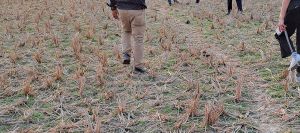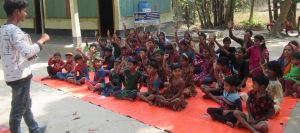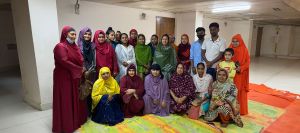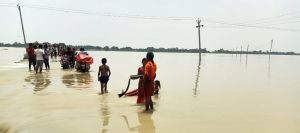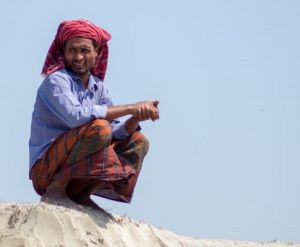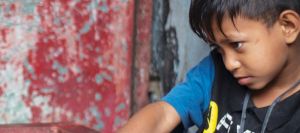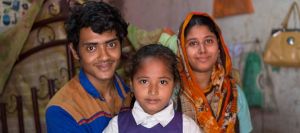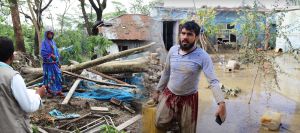
Afghanistan Flood and Bangladesh Cyclone Relief
On 10 and 11 May 2024, the northeastern provinces of Afghanistan, including Badakhshan, Baghlan, and Takhar, were hit by heavy rain and flash floods. At least 180 people have lost their lives, 242 have been injured, and a total of 8,975 houses have been destroyed or damaged, with 80% of the fatalities concentrated in Baghlan province. Bangladesh’s first tropical cyclone of the year, Cyclone Remal, made landfall in southern Bangladesh on the evening of Sunday, 26 May 2024. The adjacent western part of India was also affected, with wind speeds reaching up to 135 km/h. The cyclone resulted in at least 23 deaths and nearly one million people were evacuated to about 9,000 shelters. Over 8.4 million people,


